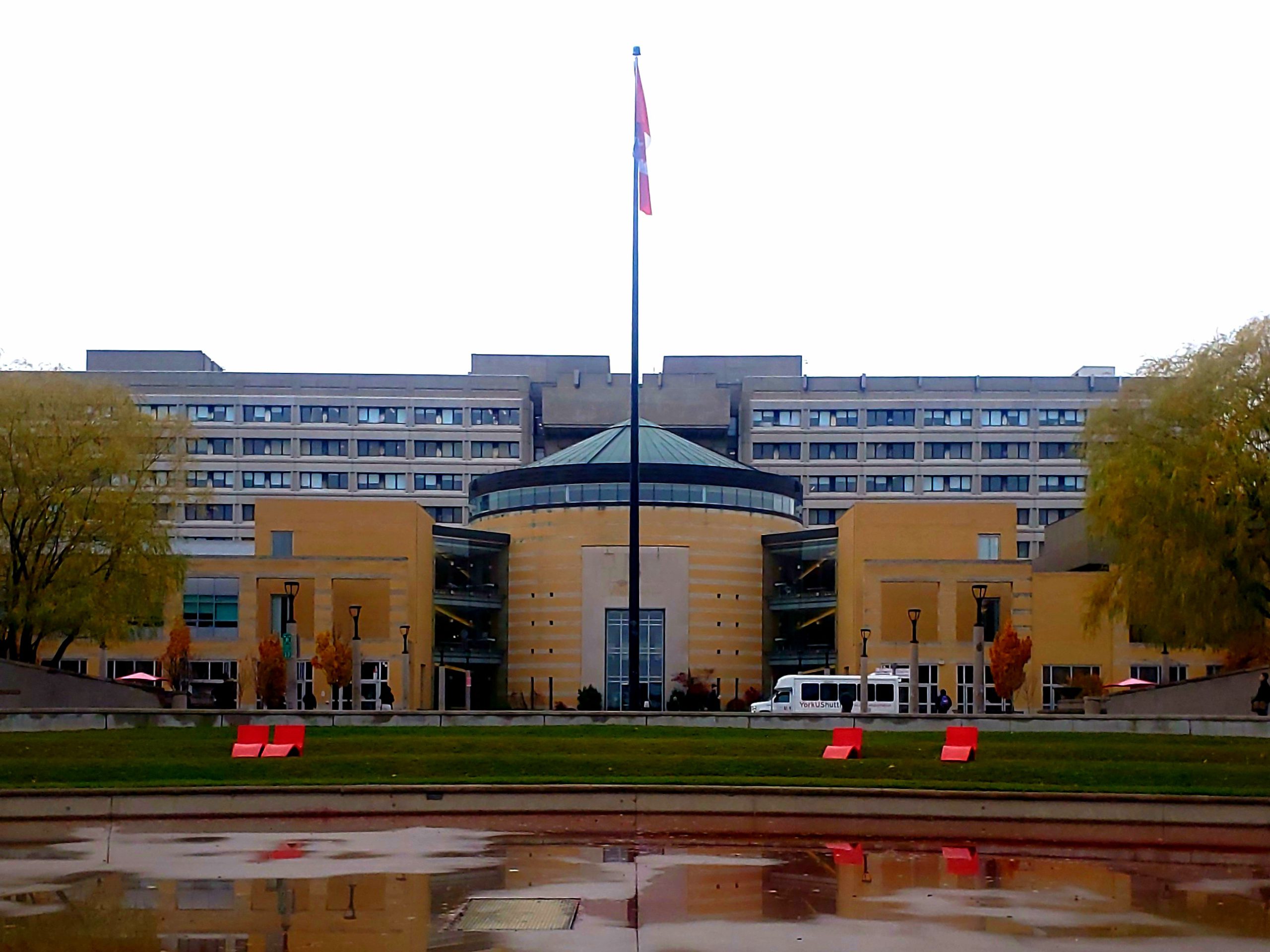This academic year, the English department is offering two new courses in two subjects that have seen an increase in demand among students over recent years.
Professor Vikrant Dadawala, newly appointed assistant professor, is teaching the South Asian Literature and Introduction to Postcolonial Literature courses. He previously taught at Harvard University, where he received the 2023 Alan Heimert Teaching Prize.
Dadawala says these are not superficial courses. “For instance, [in] the South Asian Lit course, I don’t want it to be a course where you just read a couple of trendy books from the last five or ten years,” he shares. He wants his students to “really dig deeply from the well of this absolutely mysterious and diverse part of the world that has seen so much human interaction between different civilizations, and that has left its traces on all of this art, culture, and religion.”
The South Asian Literature course examines a wide variety of works ranging from ancient Sanskrit hymns and Sufi love songs, to memoirs written by former Untouchables, and stories of migration and resilience. Students will explore important questions, such as, ‘What makes Islam in South Asia different from Islam in the Middle East?’ and ‘Why is South Asian poetry obsessed with romantic love, despite the prevalence of arranged marriages?’
Dadawala describes the Introduction to Postcolonial Literatures course as a “cryptic introduction to world history, to all the big things that have left traces on all of us.” To Dadawala, this includes “colonialism, the end of colonialism, globalization, [and] migration,” just to name a few. The course also explores “narratives of travel, migration, exile, and self-discovery.” Students will encounter themes and discourse around the roles that race and sexuality had in cross-cultural encounters between Africans, Asians, and Europeans.
A few students enrolled in the courses feel that it addresses a gap that was often unfulfilled by the usual courses available in the English program.
Melia Tessel, a third-year student double majoring in English and Creative Writing and currently enrolled in the South Asian Literature course, says, “It seemed like a breath of fresh air compared to a lot of the other English courses available, which are very Eurocentric.” Tessel also shares that studying this kind of literature, which has such a global influence, is especially important due to the “great diaspora of South Asian people around the world.”
Also enrolled is Kalyani Sivakumar, a fourth-year English major. They share that, “As a facilitator for a monthly book club with the Queer South Asian Women’s Network, I engage with contemporary queer South Asian authors and lead discussions on modern literature within the community. However, I realized my knowledge of earlier South Asian literary traditions was limited, and I saw this course as a chance to explore those foundational works and broaden my perspective.”
Dadawala emphasizes how the courses serve the ideals of a liberal arts education. “For me, an undergraduate liberal arts education, whether or not that’s your major or whether you’re just taking a couple of courses — it’s about the big questions. It’s about expanding your horizons in every way; historically, in terms of genre, in terms of range of thought. You want to engage with things that are difficult, foreign, things that make you uneasy.” He believes that this is especially essential at the “undergrad age” as this is the age when these historical and “existential questions about life” suddenly become really urgent. .
One of Dadawala’s overarching interests explored in his research is how people respond to the challenges of their time and how they find ways to stay optimistic. “Literature is where you can daydream without giving up. Dadawala further expands by sharing that he is interested in how literature responds to various changes and crises — what new sources of hope does literature find? He further asks, “What kind of new daydreams and dreams does [literature] hold on to? And how does it interrogate the past? To me, this is literature at its best: when it’s able to respond to the social world with intelligence, complexity, but also generosity.”
Dadawala’s research interests include South Asia, modernism, the global Cold War, and postcolonial studies. He has also written various publicly available articles such as this article on his experience teaching the literature of South Asian diaspora at Harvard and this longform article on the current “history wars” in India.
To learn more about Dadawala’s research or the courses he is teaching visit his faculty profile page here.




